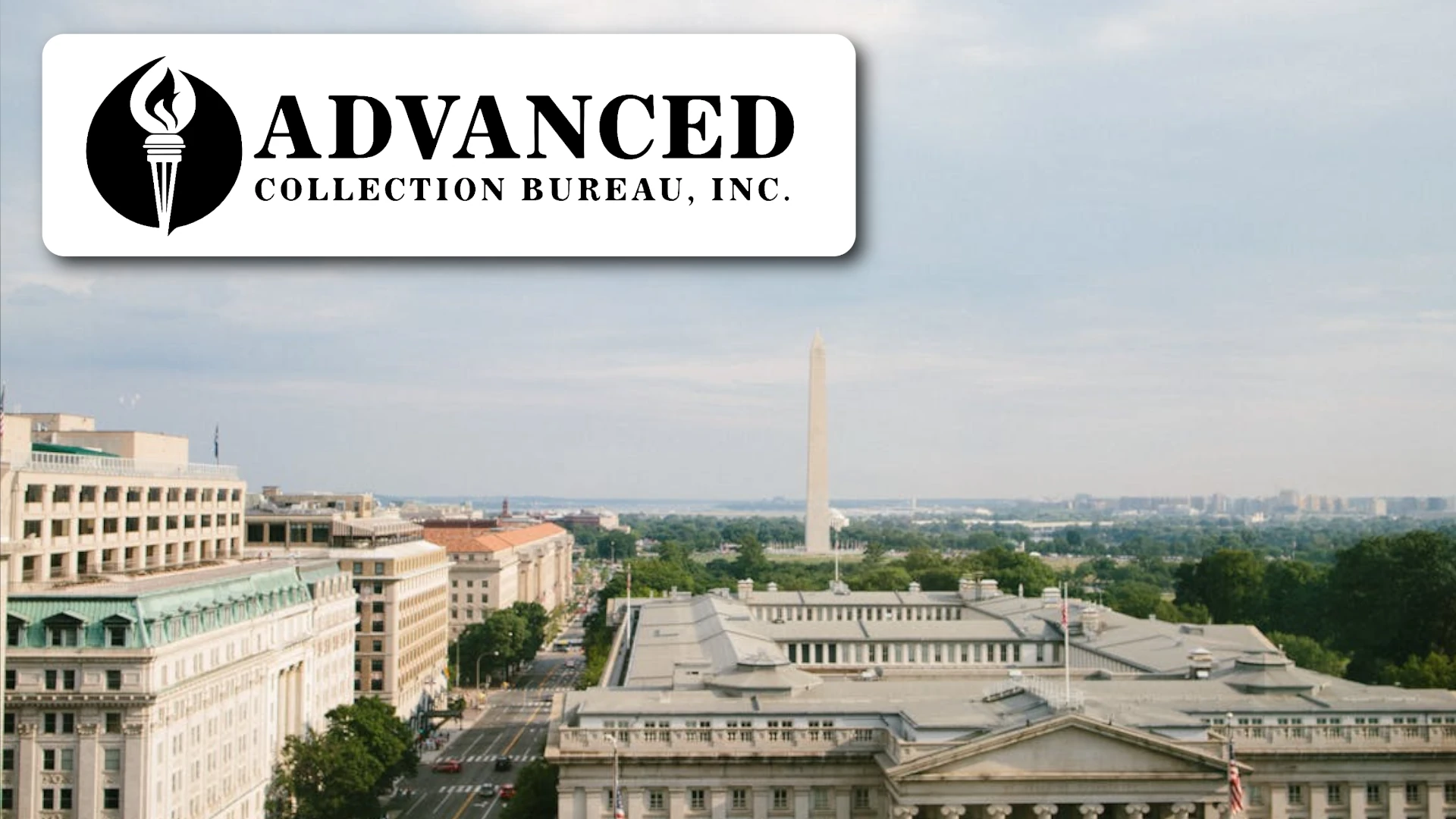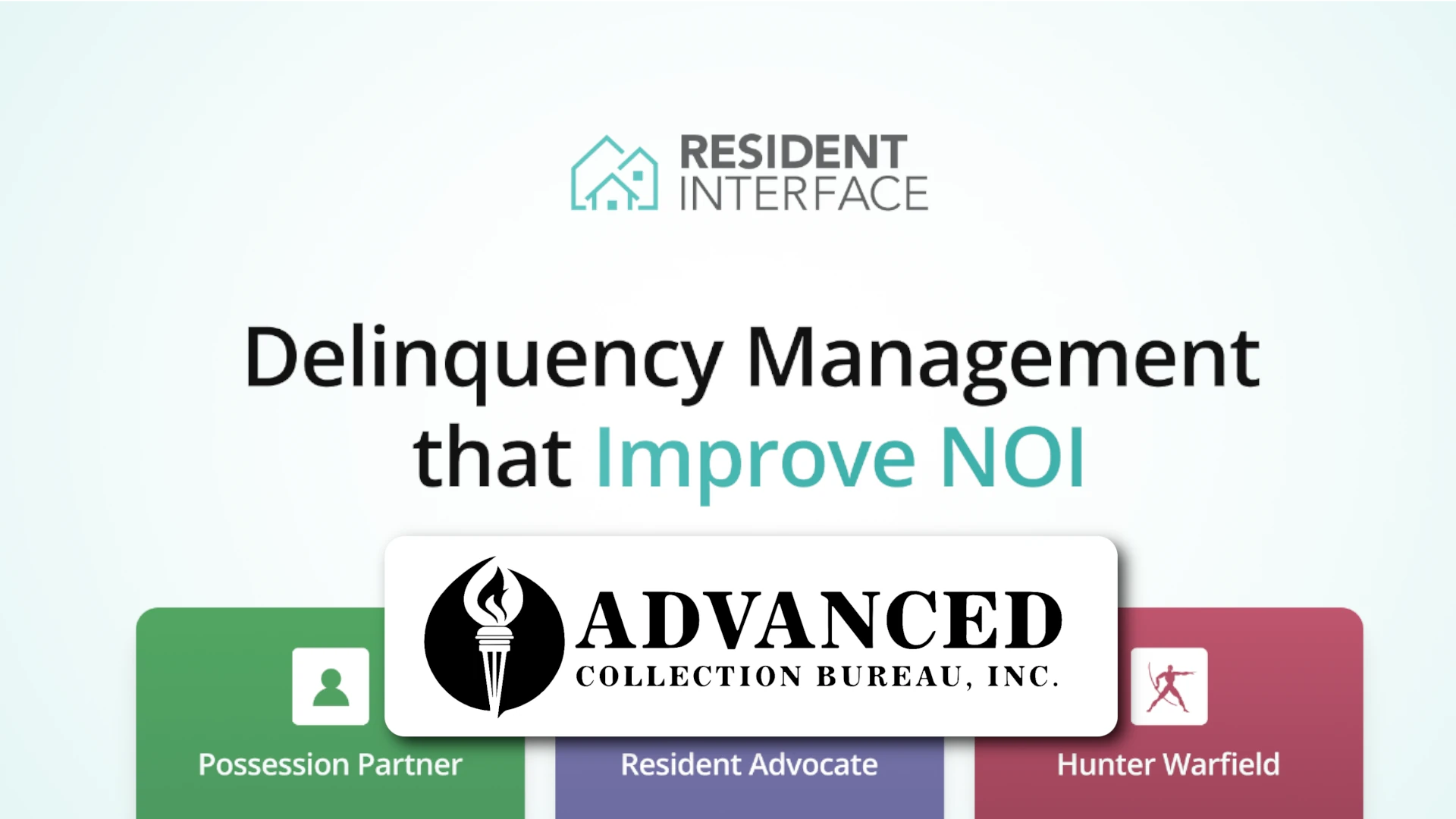Debt collection can be an intimidating subject. For consumers, it often brings worry about rights and protections. For businesses, it raises questions about compliance and liability. At the center of both is the Federal Fair Debt Collection Practices Act (FDCPA), a law that has guided the debt recovery industry since 1977.
The FDCPA was enacted by Congress to curb abusive practices, ensure fair treatment of consumers, and create a uniform standard for debt collection nationwide. Let’s explore what it means for both consumers and businesses, why it matters, and how it impacts your everyday interactions with debt collectors.
The Core Purpose of the FDCPA
Congress passed the FDCPA to stop harassment, deception, and unfair practices in debt collection. Before the law, some collectors used threats, excessive phone calls, and misleading tactics. The FDCPA addressed this by setting strict boundaries:
- Collectors must identify themselves and disclose they are attempting to collect a debt.
- They cannot threaten legal action they do not intend to take.
- They must provide written validation of the debt within five days of the first contact.
- They cannot call at odd hours or harass consumers with repeated contact.
These protections continue today, reinforced by the Consumer Financial Protection Bureau (CFPB) through Regulation F, which modernizes the law to cover texts, emails, and voicemails.
What the FDCPA Means for Consumers
The FDCPA gives consumers peace of mind that they have rights during collection efforts. Under the law, you have the right to:
- Dispute a debt and request validation before further collection proceeds.
- Limit how collectors can contact you, including at work.
- Be free from harassment, threats, or misleading claims.
For example, the CFPB presumes harassment if a collector calls more than seven times within a seven-day period about a specific debt. This rule is known as the 7-in-7 standard.
If a collector violates your rights, you may be able to file a complaint with the CFPB or pursue legal remedies.
Why the FDCPA Matters for Businesses
For landlords, healthcare providers, and other businesses, the FDCPA provides a compliance framework that protects your brand while ensuring collections are handled professionally.
Hiring an agency that ignores these rules puts you at risk of lawsuits, fines, and reputational damage. That’s why it’s critical to partner with a compliant agency like Advanced Collection Bureau (ACB).
At ACB, every account is handled by a U.S.-based professional trained to follow FDCPA rules. We use skip tracing technology to locate debtors, report to the credit bureaus twice per month, and communicate with respect. Our contingency model means you pay nothing unless we collect, making compliance and results go hand-in-hand.
Common FDCPA Violations
Even with clear rules, violations happen when agencies cut corners. The most common include:
- Calling repeatedly in a way that harasses consumers.
- Misstating the balance due or inflating fees.
- Contacting friends, family, or employers about the debt.
- Continuing collection after a written dispute without validation.
Businesses should confirm that their chosen collection agency has internal safeguards and training to prevent these errors.
Compliance Protects Everyone
Compliance is more than just legal protection—it builds trust. Consumers who feel respected are more likely to work with agencies to resolve balances. Businesses that align with compliant agencies protect their reputation while increasing recovery rates.
At ACB, we view the FDCPA not as a restriction, but as a standard that strengthens our ability to collect while treating every consumer fairly.
Learn More About Debt Collection Laws
If you want to dig deeper, we’ve published detailed resources that expand on today’s topic:
- Fair Debt Collection Practices Act (FDCPA) Definition & What It Means for You
- A Breakdown of the Fair Debt Collection Practices Act
- The Fair Debt Collection Practices Act: Key Protections
- Fair Debt Collect Practices: How to Ensure Compliance
These guides offer practical steps for both businesses and consumers navigating debt collection.
Final Thoughts
The federal fair debt collection practices act changed debt collection for the better. It provides consumers with rights, businesses with a compliance structure, and agencies with a professional framework to operate fairly.
At ACB, we embrace FDCPA compliance as part of our mission: recovering money for clients while treating every consumer with respect.
If you want to protect your business and recover more effectively, partner with us today: Work With Us. You can also reach out directly at Contact ACB.














